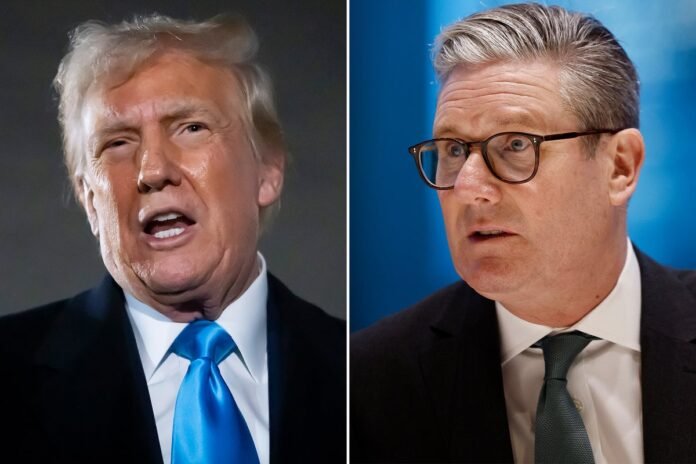Your support helps us to tell the story
From reproductive rights to climate change to Big Tech, The Independent is on the ground when the story is developing. Whether it’s investigating the financials of Elon Musk’s pro-Trump PAC or producing our latest documentary, ‘The A Word’, which shines a light on the American women fighting for reproductive rights, we know how important it is to parse out the facts from the messaging.
At such a critical moment in US history, we need reporters on the ground. Your donation allows us to keep sending journalists to speak to both sides of the story.
The Independent is trusted by Americans across the entire political spectrum. And unlike many other quality news outlets, we choose not to lock Americans out of our reporting and analysis with paywalls. We believe quality journalism should be available to everyone, paid for by those who can afford it.
Your support makes all the difference.
An alien with no preconceptions dropped into Washington DC for the party atmosphere among Maga Republican Trump supporters during the inauguration may initially have thought that all was positive with their view of China.
After all every bit of Trump memorabilia on sale – T-shirts, hoodies, hats, keyrings, golden chains, towels, shoes and so much more – had “made in China” emblazoned on it.
But it did not take much to see that the angry rhetoric of Trump and his closest supporters against the Chinese Communist Party (CCP) and president Xi Jinping was going to amount to much more than mere words.
And, sure enough, China has become the primary target for an actual trade war, with Trump’s tariff regimes. While Mexico, Canada, Japan, Panama and Colombia have all been threatened too, these have all been linked to strategic geopolitical objectives and subsequently delayed or cancelled.
It is against this backdrop that Keir Starmer’s tightrope walk in dealing with Trump must see relations with China as the biggest danger and where the biggest danger of the UK being hit with tariffs lies rather than through a Brexit reset.
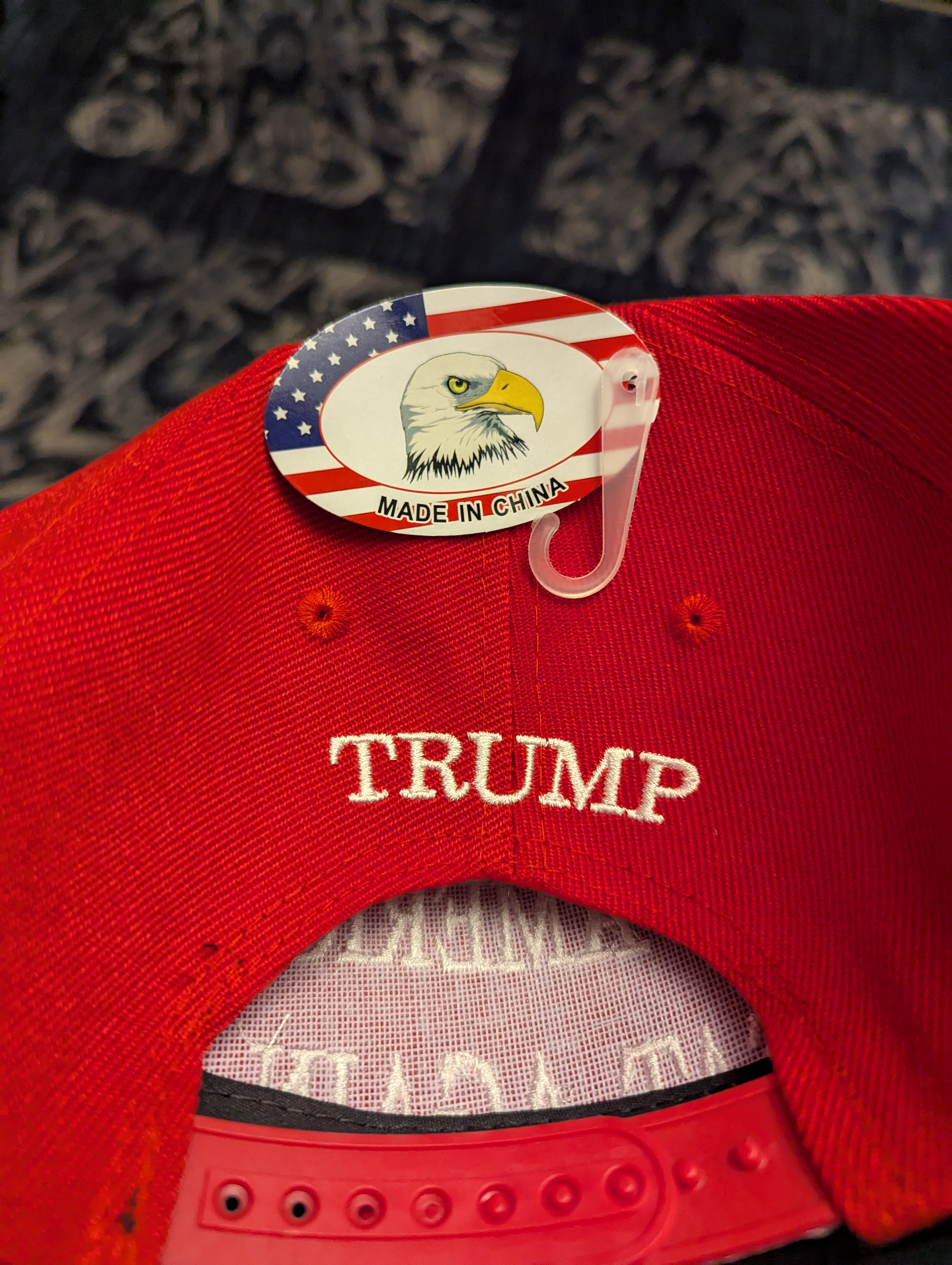
Why the EU is not Starmer’s problem
It is true that Trump has made it clear he intends to impose tariffs on the EU and these are likely to be met with tariffs from Europe. But there is a difference in the White House’s view of the EU and China.
Trump’s view of the EU is influenced by people like Nigel Farage and it is also true to say that the so-called Brexit spirit helped propel him to an unlikely victory in 2016 against Hillary Clinton.
But the chat about the EU from those around him is more of dislike and a view that they need to rebalance trade disparities rather than what is perceived to be an existential threat posed by China and the CCP.
Whether it is calling Covid “China flu” or complaining of cheap Chinese goods flooding the market or China’s human rights record or its liberal attitude towards copyright theft, the Trump administration considers Beijing to be the enemy of the US and the Western world. Their dealings are a war to be won and not a set of negotiations.
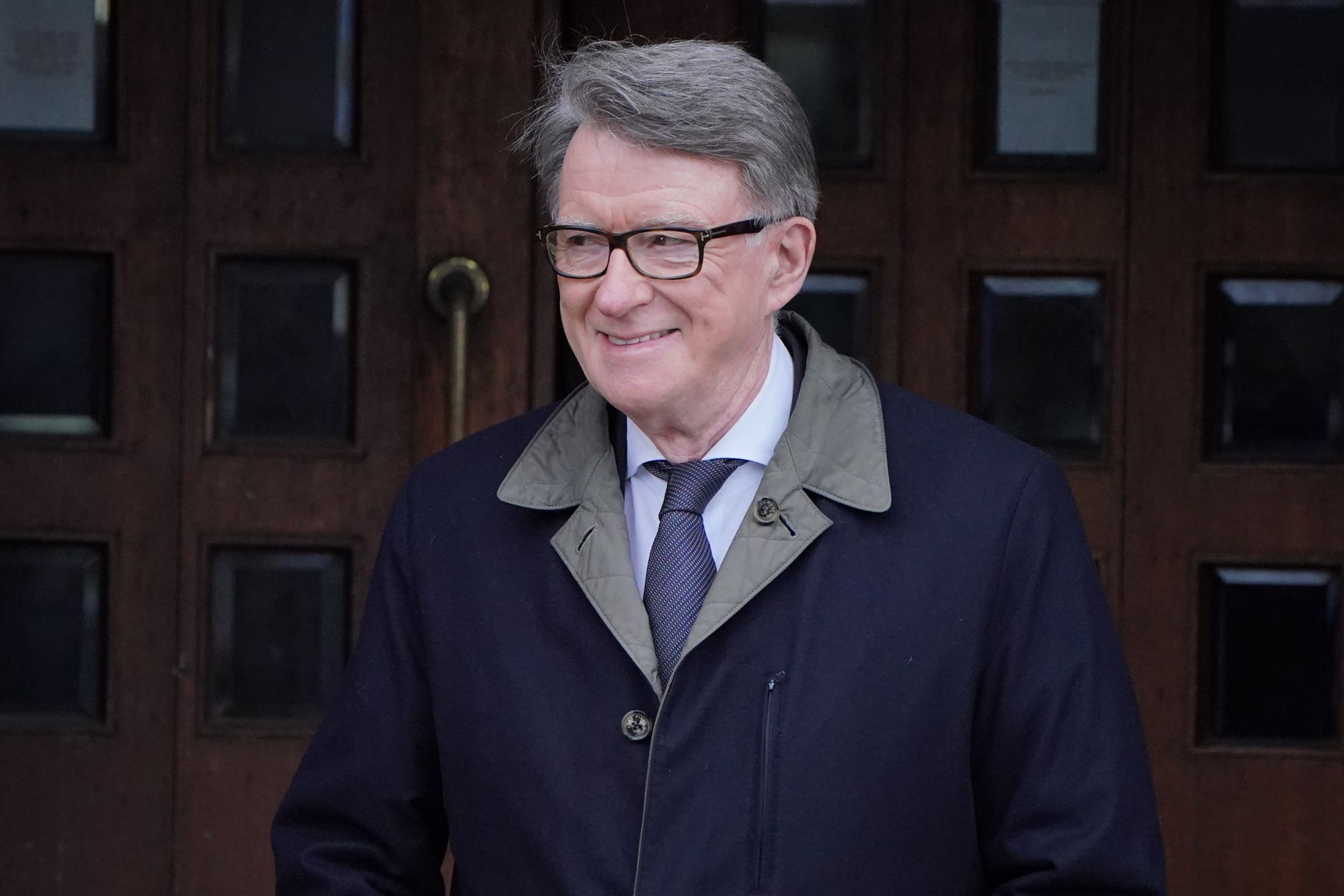
The Mandelson problem
When Trump was considering rejecting Peter Mandelson’s credentials the biggest issue around the Labour grandee was not his links to Jeffrey Epstein, his chequered career as a politician or even his time as an EU commissioner (although none of these things helped).
The big issue – repeated by every Trump adviser privately – was “Mandelson is pro-China” or “we don’t like his China links”.
The peer had even penned an article attacking Trump for “threatening global free trade” by being anti-China.
So while he will be allowed to become the British ambassador, he will face restrictions and will not be trusted in the way a professional diplomat like Karen Pierce would have been.
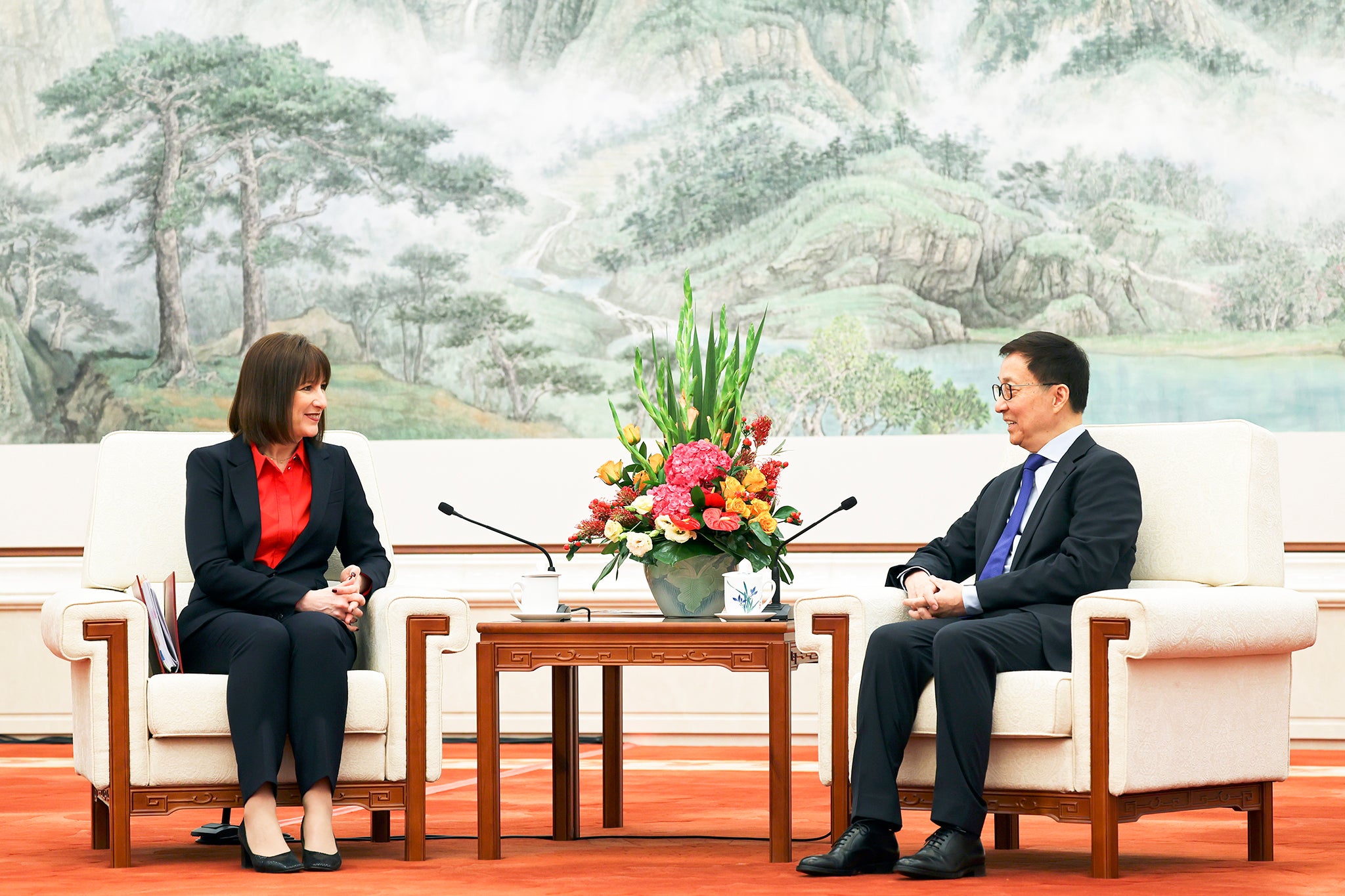
That Reeves trip to China
Mandelson though was a lightning rod for concerns about Labour “cosying up to China” from the Trump administration.
Chancellor Rachel Reeves’s trip to China just days before Trump’s inauguration was noted by his team and seen as a cause for deep concern. One described it as “unnecessarily provocative”.
The fact that she only came back with £600m worth of investment was seen as a joke.
One adviser suggested that China was being used by the UK as a “paper tiger” in negotiations to get a better trade deal with the US. The claim was that Labour wanted to present China as a fallback. But if true they treated the idea as laughable.
However, the way Starmer’s government appears to be trying to appease China is also going down badly. The apparent push to allow China to have a huge new embassy building in London, the failure to tackle the rights of Hong Kong’s citizens properly, the apparent willingness for China to have access to universities, and copyright, are all concerns.
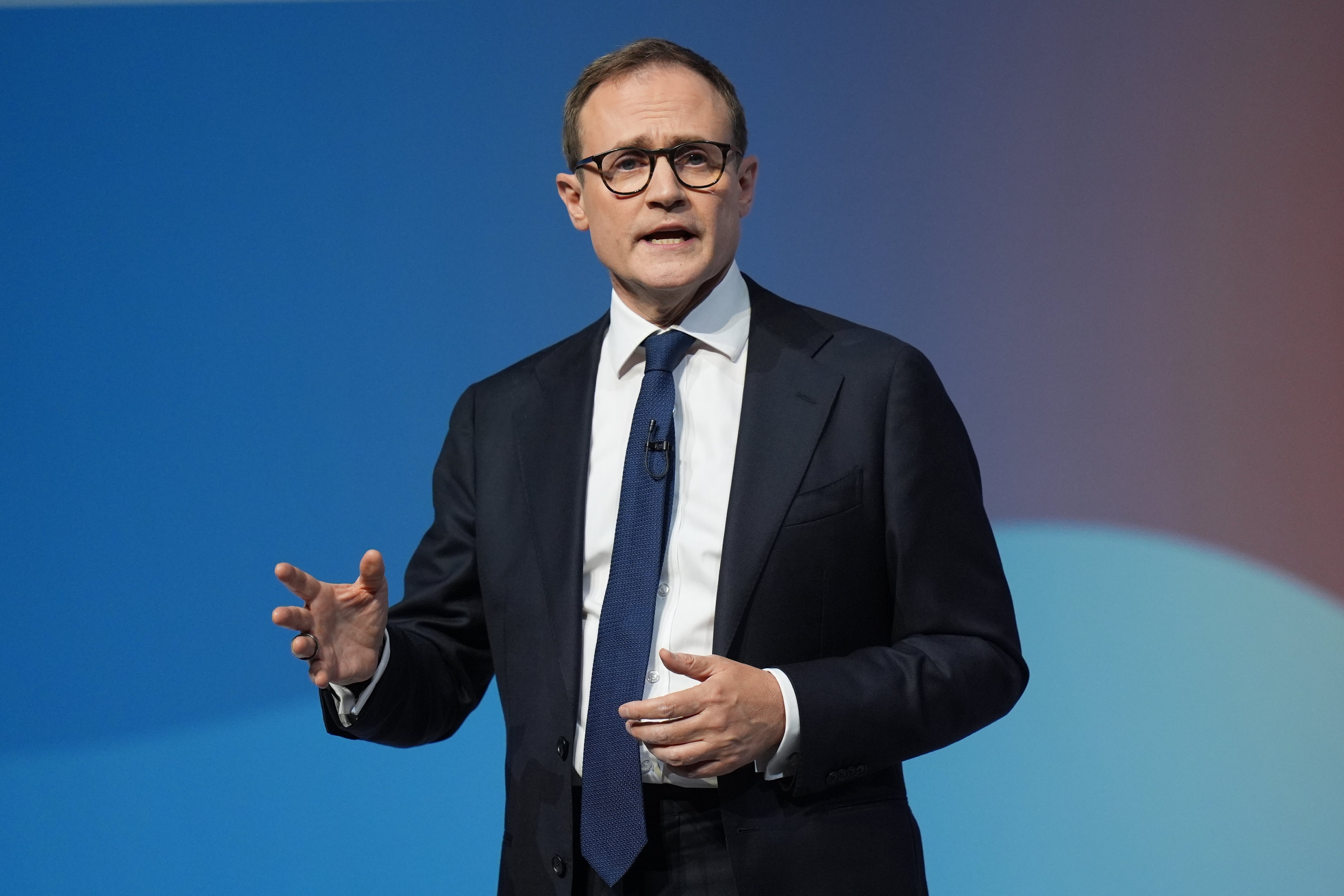
Trump has allies in the UK
The cross-party protests today about the proposed new Chinese embassy and the growing clamour of voices angry about jailed newspaper boss Jimmy Lai and Hong Kong underlines that this is becoming a big issue in Britain.
The theft of copyright and CCP influence in UK universities is considered a major security problem, not least by the former security minister Tom Tugendhat.
China is taking action against British politicians including former Tory leader Sir Iain Duncan Smith for speaking out against the Beijing regime.
Even without Trump’s anger, cosying up to China is going to be politically problematic for Starmer.
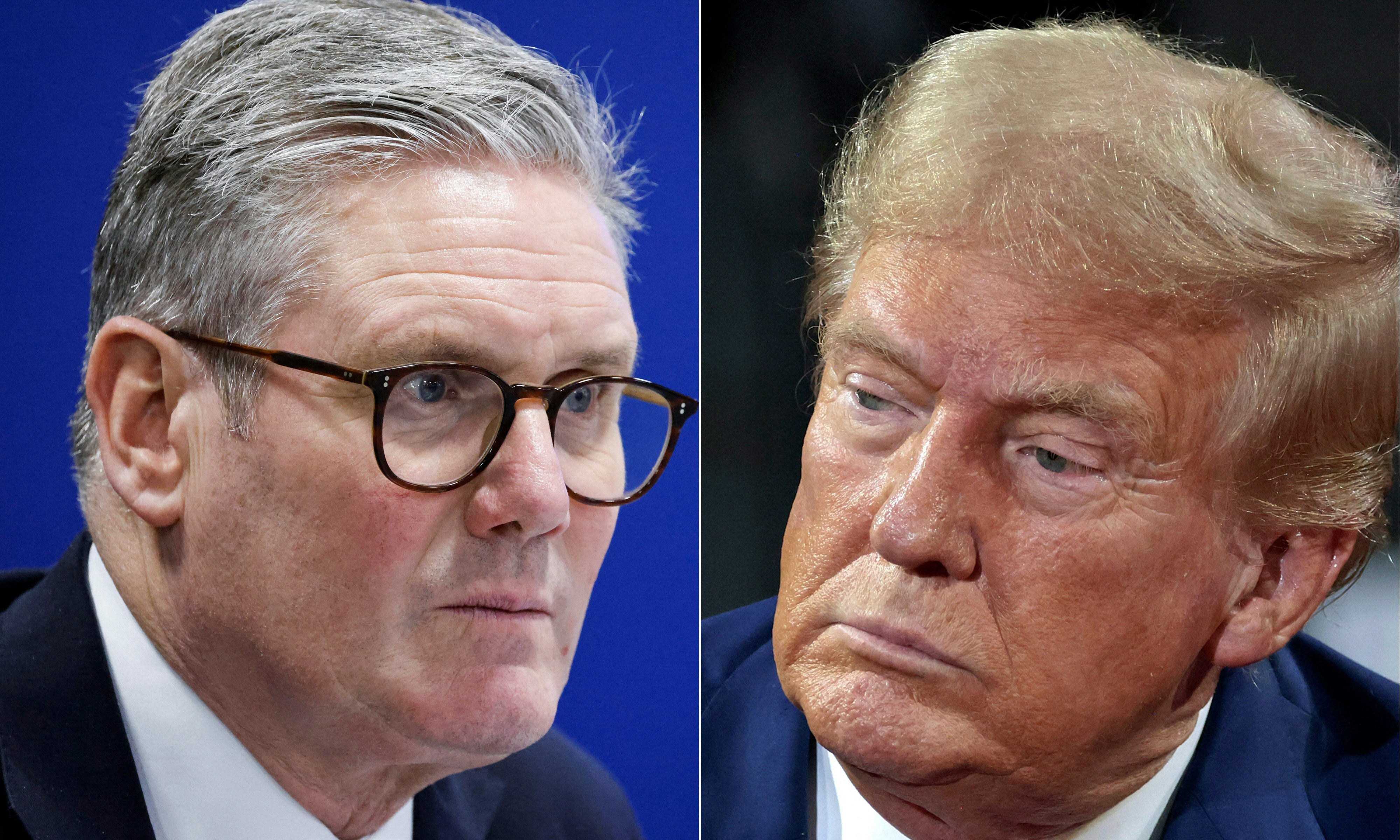
An unspecial relationship
While Trump’s public words about Starmer so far have been very warm, he has allowed his own team to privately ratchet up the pressure and issue quite astonishing attacks. The hostility is only just below the surface.
Despite a lot of the commentary in the last two weeks, they are relatively relaxed about Starmer renegotiating Brexit and even going closer to the EU. That is not true about China though.
If the UK does end up getting Trump tariffs it may well be fuelled by a perception of Labour being too close to China. It would also see a drop-off in intelligence sharing and a growing distance between Washington and London.
Starmer is clearly trying to avoid that and Trump is open to having a positive relationship with the UK, not least because of his love for the royal family.
But as he seeks economic growth and investment, Starmer’s tightrope walk in the coming months will in the end involve him having to make some difficult decisions over exactly who he wants to side with.
Read More: Starmer’s Trump problem is not his EU Brexit reset but cosying up to China


